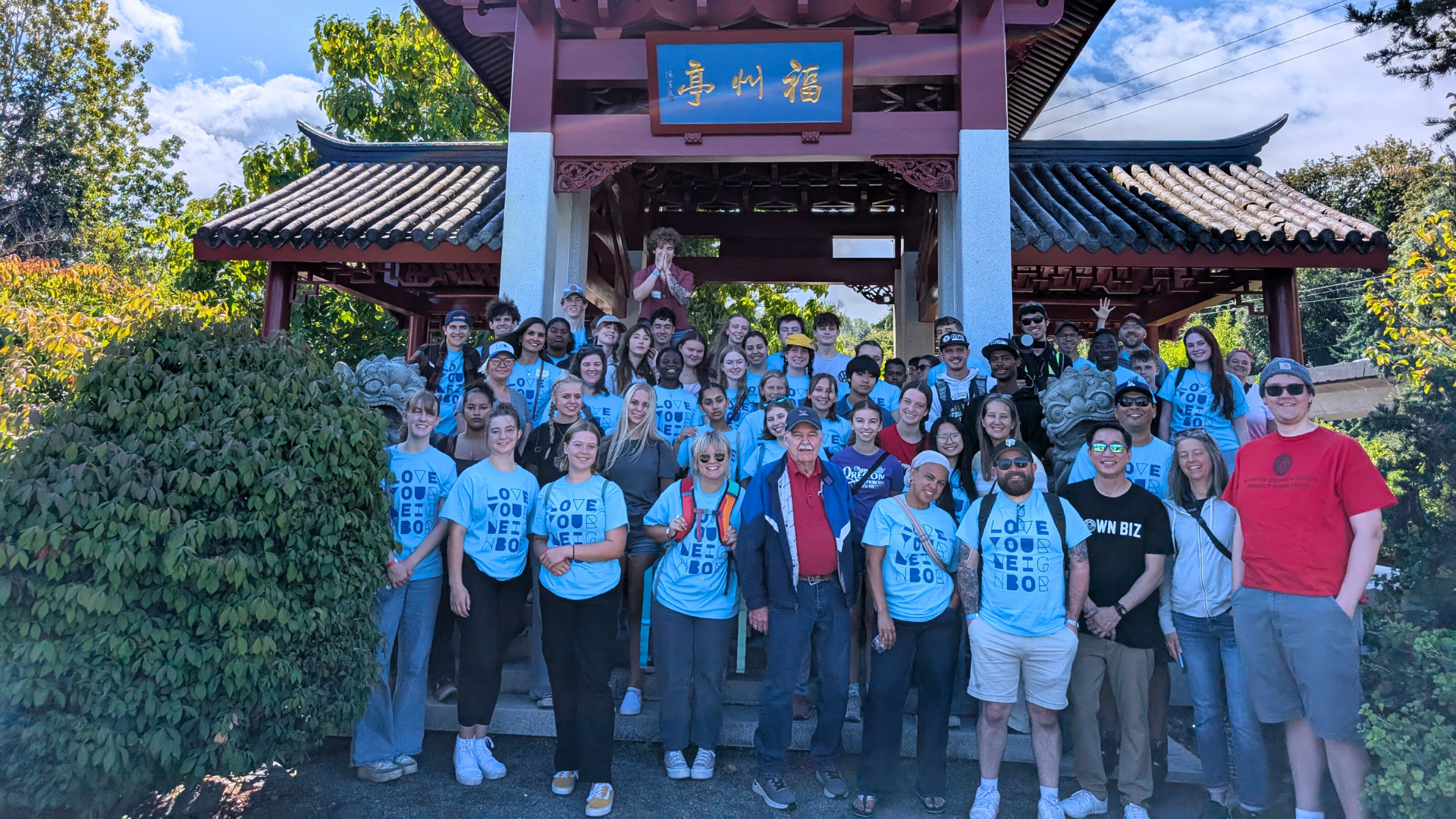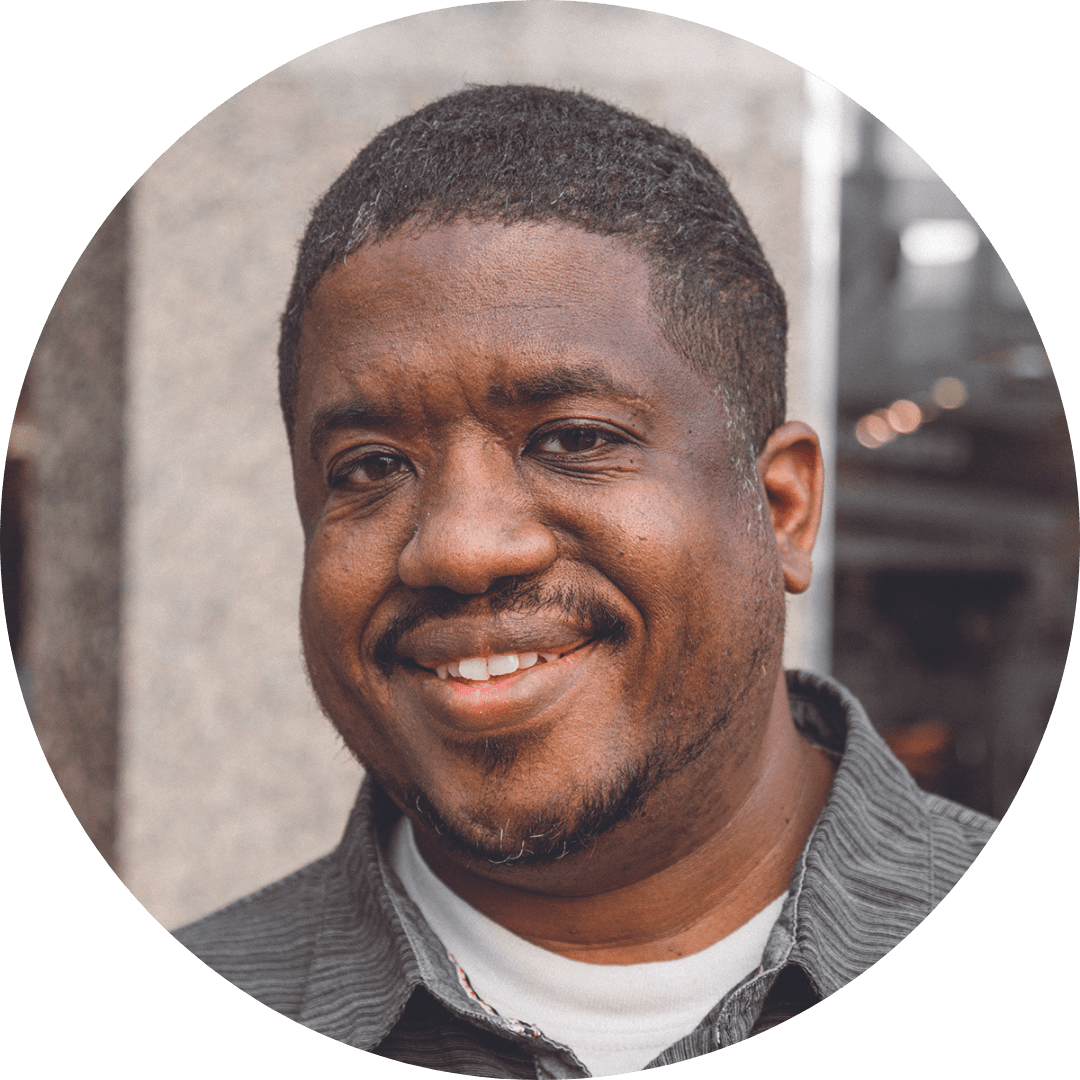This summer, approximately 70 youth participated in an immersive Journey 2 Mosaic trip where they traveled to Tacoma, Washington, to learn about the experiences of refugees and immigrants. They began at Praise Covenant Church, hearing from Greg Yee, superintendent of the Pacific Northwest Conference. The itinerary included a tour of the Tacoma Chinese Reconciliation Park and visits with several Covenant pastors.
“Being someone who grew up in the Pacific Northwest, in the suburbs of Portland for my whole life, I’m in an echo chamber of ideas and I’ve heard a lot of the same stories,” said Braden Labrie, from Access Covenant Church in Portland, Oregon. “When people are integrated and you meet someone who is different from you, they become humanized to you.”
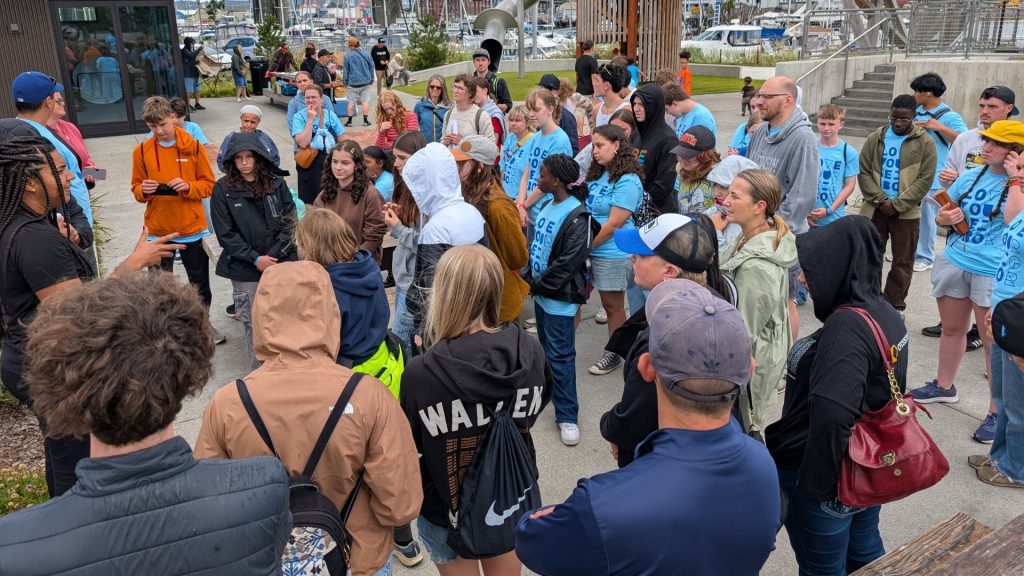
The visit to the ICE detention facility in Tacoma made a significant impact on the students. “One of the biggest things for me was how similar it looked to a jail,” said Annika Hammersborg. “It feels like they’re being punished, but they’re just waiting for their trial. The thing that stuck with me the most was that they never even get to go outside—even dogs in a pound get to go outside. And these humans haven’t been proven guilty of anything. They’re literally just searching for a safe place to start a new life.”
“I’m trying to think more thoughtfully, not just about immigrants, but applying their story and those experiences to everything else in life,” said Jonny Sommer. “There are things happening in people’s lives that there’s no way I can understand. So going into every interaction with people, like in customer service, and giving everyone the benefit of the doubt—I can treat everyone with dignity and the understanding that they have value because they’re human.”
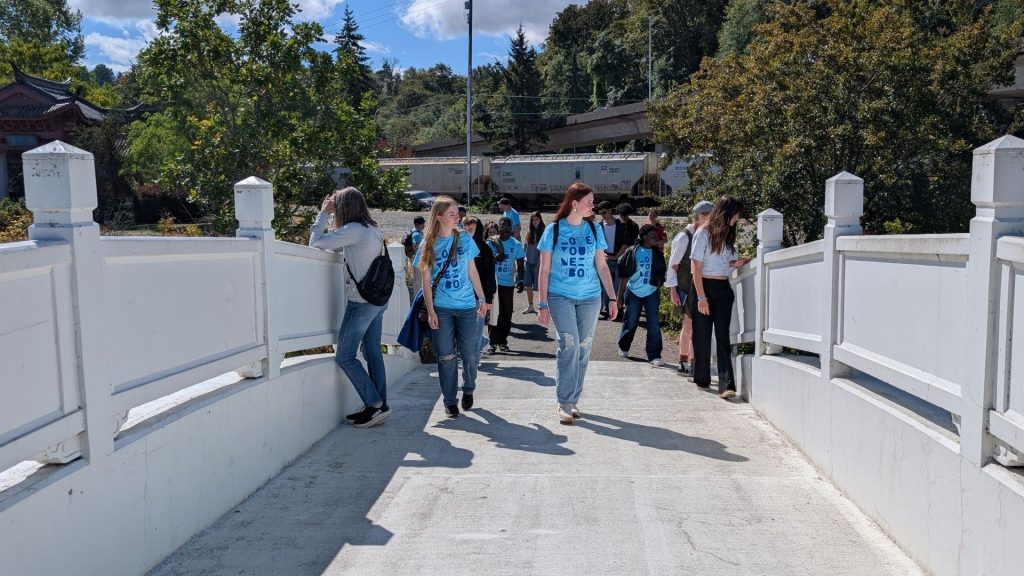
Students also learned about the range of stories and experiences of immigrants. “Something that I don’t always consider is that every single immigrant has a completely different story,” said Eva Hedwall. “As Americans, we kind of make it seem like they all have the same story, but they don’t. They come from completely different backgrounds and experience completely different things.”
“We have access to diverse viewpoints, personal stories, and firsthand accounts from people all over the world,” said Naomi Robison of Renew Church in Lynnwood, Washington. “This wealth of information encourages a more nuanced understanding of immigration, less as a black-and-white issue and more as a complex gray area. We have the ability to choose and evaluate our sources, which allows us to form our own, often more empathetic, opinions.”
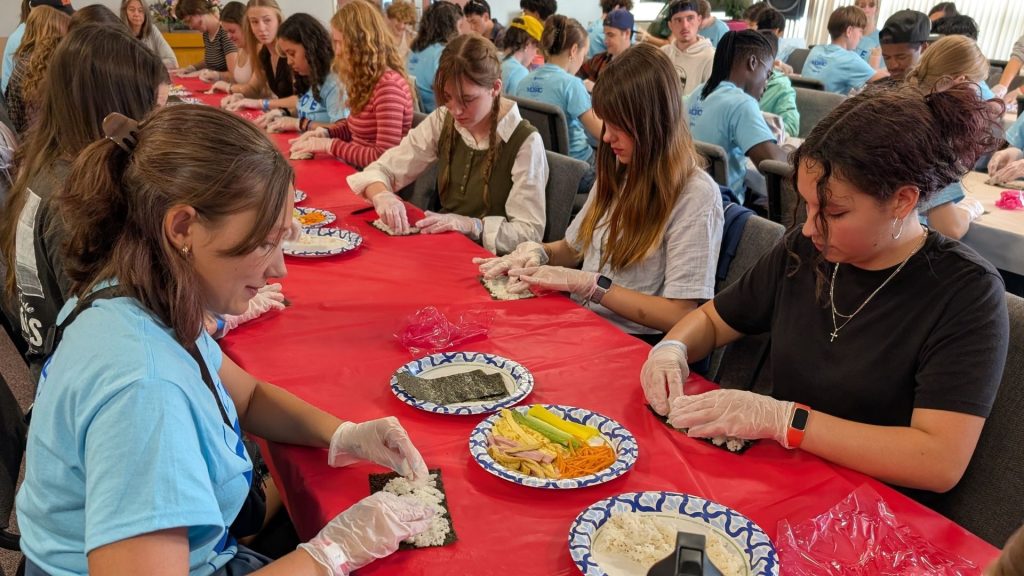
Moving from an echo chamber to hearing stories up close revealed points in common. “I learned something about myself,” said Henry Robison, Naomi’s brother. “I had completely forgotten that I also am an immigrant! That might sound strange—I was born in Uganda and moved to the US as a young child, but my identity as an immigrant after 14 years in this country somehow grew dim. Why did I let myself forget?” He added that he was reminded that Black people don’t have a monopoly on painful ethnic stories. “The truth is, society hasn’t always been kind to immigrants. History shows us that again and again. Oppressors write the history books, leaving so much of what we’re taught to be filtered through a lens of power and control. I stopped telling people where I’m from. I think that subconsciously, I did it on purpose. Somewhere along the way, I internalized the idea that being an immigrant wasn’t something to be proud of. That realization hit me hard.”
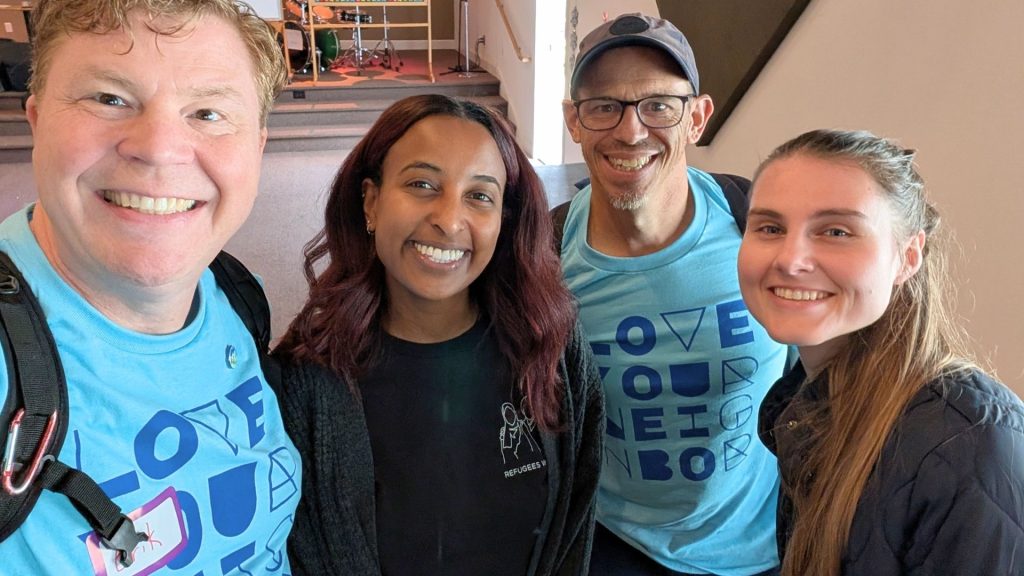
As the denomination joins together in the Liturgical Common Read of Welcoming in the Stranger, Covenanters are having conversations about immigration. If you’re not a part of a group engaging this text in your church, consider participating on your own or with people in your household.


